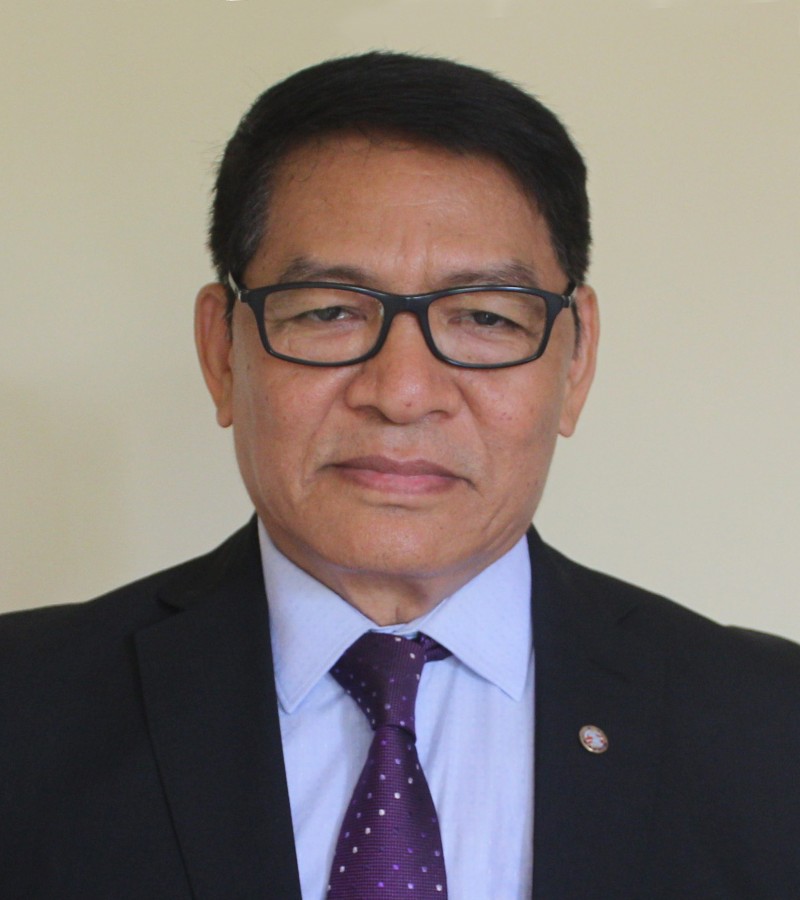Editorial
Has Social Media Become a Necessary Evil?
Opinion | Editorial | John S. Shilshi | 15-Feb-2022

The internet has revolutionized the way human beings communicate to one another, so much so that even those who created it perhaps were not aware of the potential and its ultimate outcome. Today the world is abuzz with social media, which is the byproduct of this technology called the internet. This medium of communication brings us so close, reducing time and distance to almost zero as it shrinks the world even further. From writing letters, visiting each other and communicating through telephones, people have now switched over to Facebook, Twitter, WhatsApp, WeChat, Telegram etc. which facilitate instant communication between people, enabling the sharing of videos, pictures and documents in quick time.
Experts say that people who isolate themselves from fellow human beings are vulnerable to all sorts of psychological problems and mental illnesses. Therefore, this sudden increase of connectivity through social media has been dubbed as the perfect nemeses to isolationist tendency. Besides, they also viewed this further shrinking of the world into a global village through extensive use of social media as facilitating several advantages. They argue that it helps in increasing one’s knowledge, improving the networking to enhance education activities, facilitate pursuance of common interests, in building a brand image, and even increasing the prospects of one’s business. And most importantly, social media is also a medium through which people share laughter, grief and happiness instantly.
Many of us, who are users, will not disagree with the above assertions. It will, however, be incorrect to presume that social media comes only with these positives. There are also several negatives that Netizens gets exposed to, particularly for those who do not exercise restraint and self-discipline. As per data compiled by several cyber monitoring cells in at least 15 countries in the year 2017, it was revealed that a person on an average spends about 135 minutes on social media, distracting them from other gainful engagements. This habit of spending more time on the social media was said to be even more rampant amongst young people, both boys and girls. In other words, much of the quality time that could have been spent in reading, studying and physical conversation with other members of the family or friends is spent getting glued to mobiles, tablets and other devices.
Besides, there are specific problems associated with excessive use of the social media. People become addicted to these platforms, and expose themselves and others to hackers and cybercriminals because of the long hours they spend on the internet. There are health issues too, as constant engagement with computers, laptops, tabs and mobile phones impact on human health in different ways. Also, since there are no reliable measure to check credibility of news and videos shared on social media, users are exposed to all sorts of fake news, which are misleading. They don’t even think twice to check whether the news or piece of information is credible or not, therefore share with others freely. Hence, the innocent and gullible easily get swayed by distorted information.
Cyber harassment or cyber bullying is also one of the common side effects of excessive reliance on social media. Young boys and girls are lured into marriages by unscrupulous mischief mongers, promising anything under the sun. And more often than not, such relationships end bitterly, at times even with monetary loss, forcing people into depression. There are instances of people being trolled on social media, which by far is the most underrated disadvantage of the medium. But those who go through the ordeal of being trolled easily get into depression, at times leading to suicides and deaths.
This however, is not to conclude that use of various social media platforms should be stopped by one and all. The positive and negatives sides of using them entirely depends on how these platforms are used by the individual. These platforms can be fantastic mediums to ensure quick decision, provided they are used judiciously and for the right purposes. On the other hand, using them blindly without application of mind could result in all the ill-effects mentioned above.
By and large, WhatsApp is the platform that is most commonly used by the public, including by those who are not so tech-savvy. Many users are also members in different groups - social, religious, cultural, academic, etc. However, the majority fails to abide by minimum required discipline, and indulged in random forwarding of posts they receive from other groups without assessing the usefulness or otherwise for that particular group that they belong. Secondly, a post or material already shared by other members are repeated, often to the chagrin of others. While there are various aspects to judicious use, the basic point to be taken note of is, to first consider whether a material contemplated to be shared would benefit the members suitably. Care must also be taken to ensure that the same has not already shared by other members in the group.
Social media is now very much part and parcel of our lives, despite the very many negatives associated with it. But while we benefit the advantages, we should also insulate ourselves from some of the ills. And best way to ensure this is discipline for a need-based utilization. It needs mentioning that no matter how much information or entertainment we get through social media, life can be great if we spend less time on it and more time in the real world.
Leave a comment
